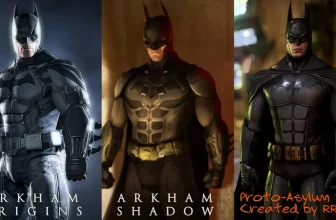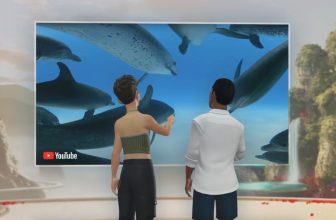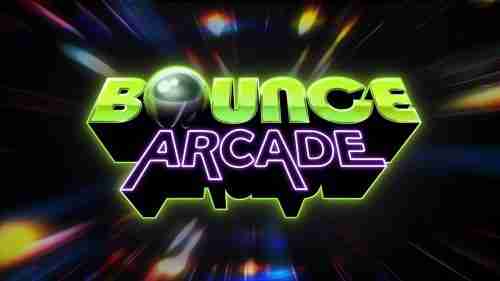
Instead of using standard flippers, gamers wield sizable circular paddles to propel balls through these lively areas. It’s a clever reimagining that respects pinball’s enduring charm while transforming how we engage with it. The game introduces four unique settings—a Western town, a haunted mansion, a space station, and a pirate ship—each serving as its individual playfield whilst upholding the essential elements that make pinball captivating.
Paddle to the Metal
Bounce Arcade swiftly immerses players into the gameplay, featuring a concise tutorial that showcases the basics without overstaying its welcome. Each setting acts as a dynamic pinball table, replete with objectives marked in yellow (which shift to green when completed) to steer players through the adventure.
The game truly excels with its inventive incorporation of VR-specific interactions. Rather than merely hitting targets, players partake in location-specific mini-games that diversify the traditional pinball experience. The Western town turns into shooting galleries where players carefully aim at bandits while evading civilians. The space station prompts players to harvest asteroidal resources while avoiding aggressive defense systems. These moments are not just distractions but clever expansions of pinball’s bonus round idea into comprehensive VR interactions.
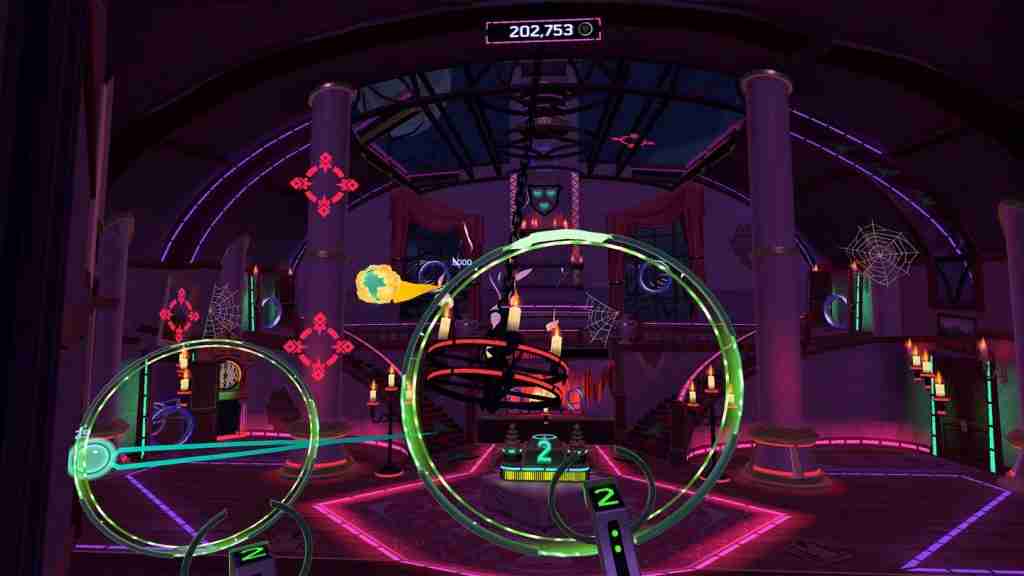
The essential gameplay mechanics operate seamlessly, with responsive controls that feel instinctive right from the start. Multi-ball scenarios, target hits, and unique events all trigger effortlessly, cultivating a refined experience that adeptly translates the fundamental allure of pinball into VR. Traditional pinball features such as bonus multipliers and target sequences are included but are reinterpreted through each setting’s thematic lens.
Nonetheless, the game’s pacing can sometimes hinder its creative aspirations. Ball physics appear rather sluggish, with gravity seemingly set too low, causing balls to meander lazily towards the player instead of maintaining pinball’s signature frantic energy. This results in unusually prolonged rounds—often extending 20 to 30 minutes—that feel more like tests of endurance than demonstrations of skill. The inability to modify difficulty settings for individual tables further complicates this concern, leading to inconsistent difficulty ratings that don’t always correlate with the actual challenge presented.
Bounce and Shine
The game adopts an artistic visual style that prioritizes clarity and personality over hyper-realism. Each environment exudes its unique character, from the warm hues of the Western frontier to the spectral glow of the haunted mansion. While the visuals may not stress the Quest’s hardware capabilities, the unified art direction, smooth particle effects, and fluid animations generate an inviting and comprehensible playing atmosphere that enhances the gameplay.
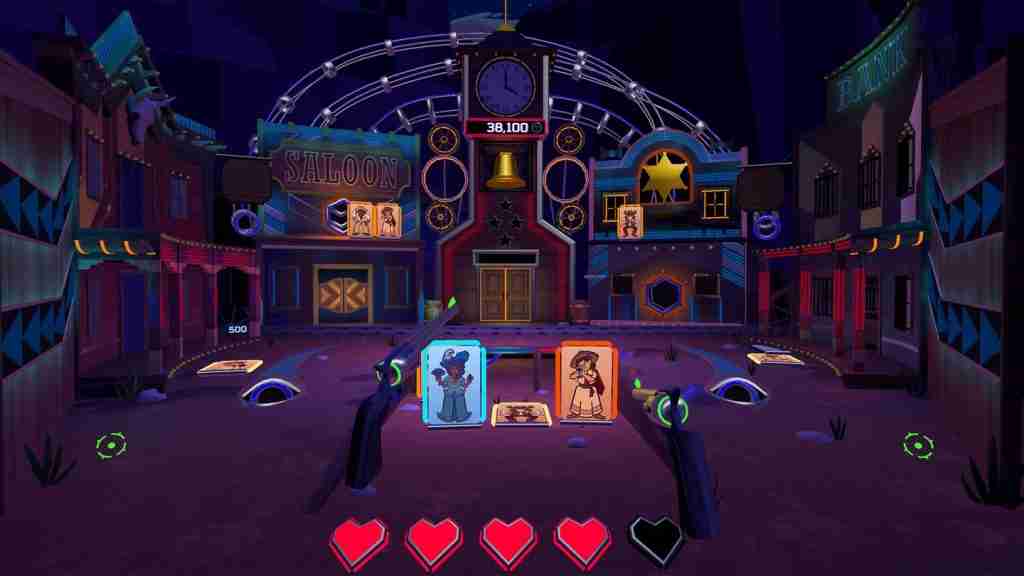
The visual design accentuates readability without compromising the ambiance, ensuring players can monitor balls and objectives whilst remaining immersed in each environment’s unique theme. Special visual effects during multi-ball sequences and bonus rounds offer gratifying feedback without overwhelming the player’s view.
Sounds of the Silver Ball
The core pinball sound effects strike all the right chords, featuring satisfying impacts, chimes, and mechanical feedback that root the experience in arcade authenticity. Each setting delivers its own themed audio components, from creaking floorboards in the haunted mansion to the metallic clangs of the space station. The sound design effectively strengthens the sensation of being within a living pinball machine while maintaining clarity amid chaotic sequences.
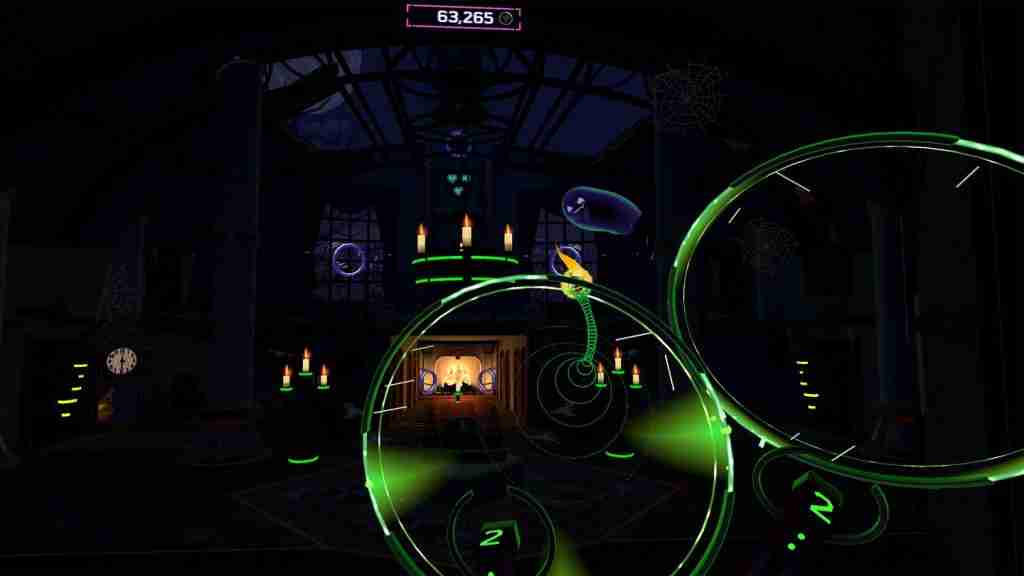
The musical backdrop provides distinct themes for each setting which, although competent, often blend into the background rather than enhance the experience. The tracks fulfill their objective without standing out, providing suitable atmospheric support without drawing attention.
Rolling Returns
The game’s longevity largely hinges on your enthusiasm for chasing high scores and leaderboard rankings. While the range of mini-games and VR interactions deliver initial enjoyment, the game’s limited offering of just four tables and lack of progression systems or customization options restrict its long-term appeal. Without any announced DLC, dedicated players may find themselves desiring additional content after mastering the current settings.
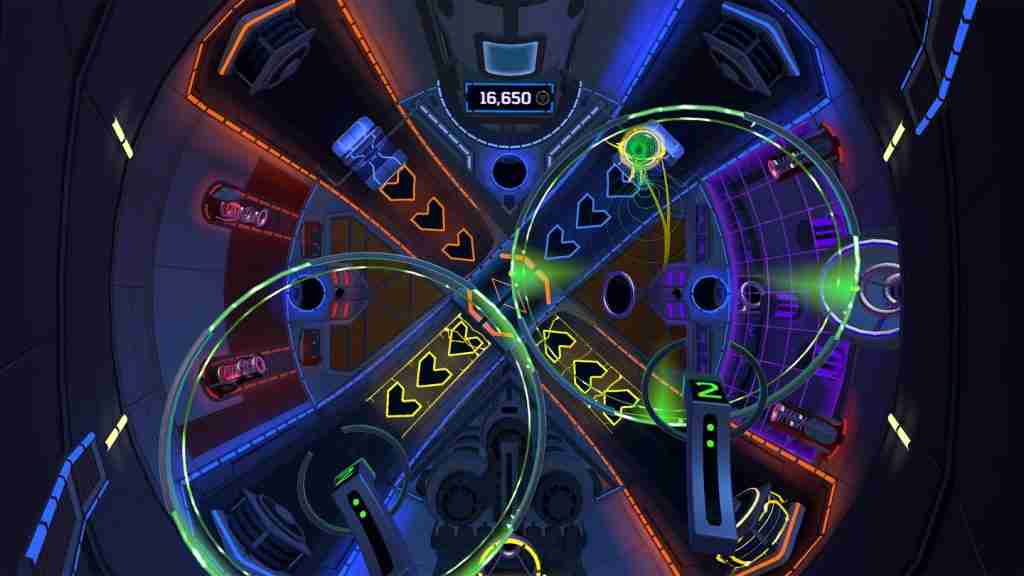
The game’s relatively lenient difficulty level also impacts its durability. During pre-release evaluations, it was feasible to top global scores without extraordinary skill, suggesting that dedicated pinball fans might find the challenge wanting. The focus appears to be on prolonged play sessions rather than the swift, intense rounds traditional pinball aficionados might anticipate.
Bumper to Bumper
Technical performance is consistently smooth, with responsive controls and stable framerates, even in hectic multi-ball situations. However, the central design choices present more significant challenges. The slow ball physics and lenient difficulty level remove the urgency from the gameplay, while the lack of customizable difficulty settings for individual tables restricts player choice.
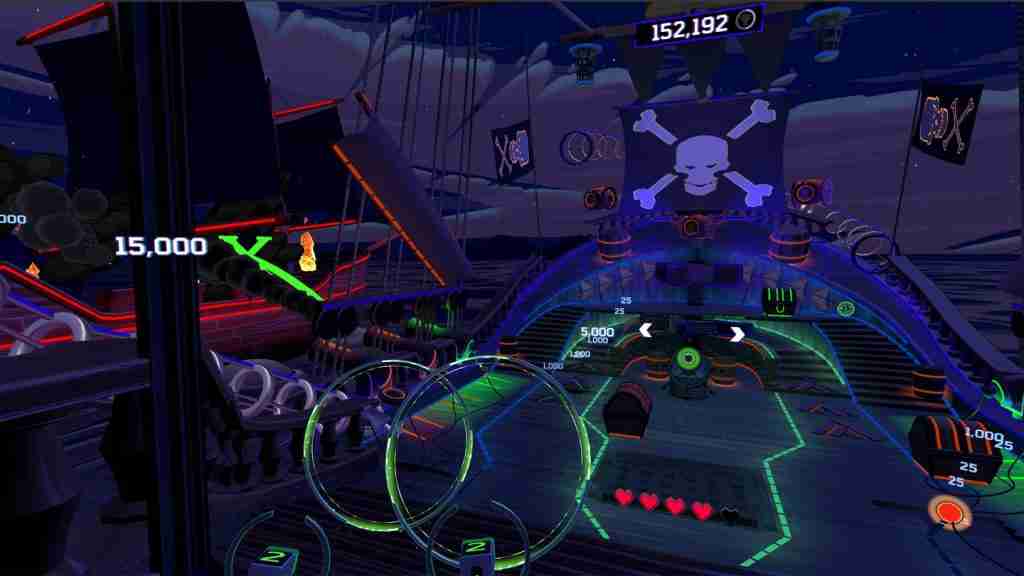
The difficulty levels for each setting often feel arbitrary, with some “easy” tables offering more challenge than those labeled as difficult. This inconsistency, coupled with the generally forgiving gameplay, indicates that success typically hinges on patience rather than skill or quick reflexes. These obstacles, along with the modest content offerings, prevent Bounce Arcade from reaching its full potential.
Final Tilt
Bounce Arcade signifies an imaginative leap for VR pinball, adeptly transforming the genre’s core appeal into an immersive experience. Its inventive mini-games and refined mechanics showcase the distinctive prospects of virtual reality gaming. The first impression is genuinely remarkable, with many players likely feeling impressed after their early sessions.
Nonetheless, issues related to pacing, limited content, and restricted customization capabilities hinder its evolution into a true classic. While it provides an enjoyable diversion for casual gamers and VR fans, its longevity wanes due to the lack of more substantial content or progression systems. Hardcore pinball fans, in particular, might find the absence of challenge disappointing as they seek that classic arcade difficulty.
Currently, Bounce Arcade stands as an exceptional proof of concept that does not entirely hit the mark. With further content, fine-tuning of mechanics, and improved difficulty balancing, it could transform into something genuinely noteworthy. For now, it merits attention for its inventive take on VR pinball, even if it may not hold your interest for long play sessions.



